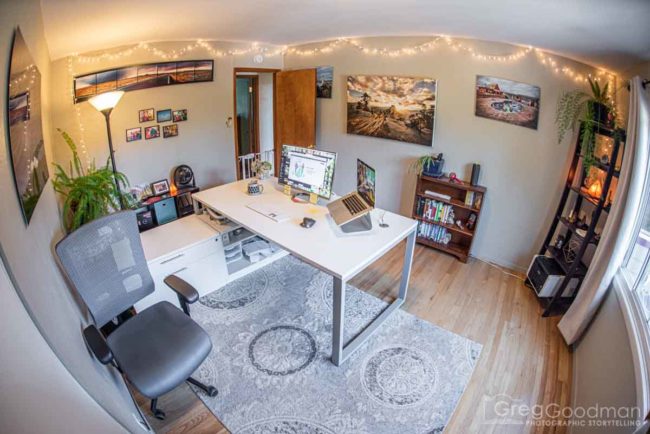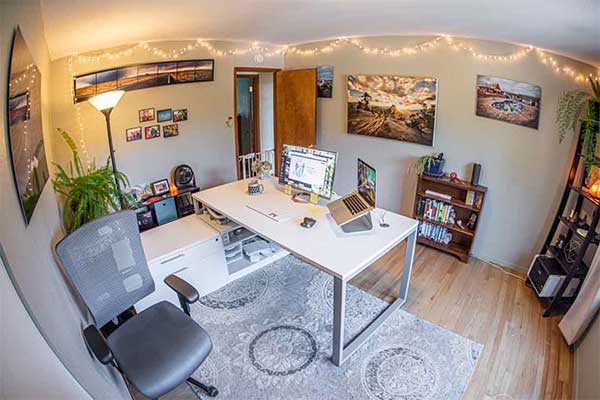Were you one of the millions who relocated to a home-based office during the COVID pandemic’s great economic reset?
If so, you’ve probably already learned a few tricks that longtime home office denizens use on a regular basis. Of course, there are all sorts of implications, both practical and financial, associated with working from a private residence.
The tax advantages of outfitting a private office are numerous, as are the health benefits of buying ergonomic equipment like keyboards, computer chairs, and efficient lights. Step one of setting up a permanent workspace in a spare bedroom, attic set-off, or hallway nook is figuring out how much to spend.
After that, it’s time to start acquiring the items that make up the working equipment of your space, like desktop computers, laptops, phones, printers, desks, chairs, lamps, refrigerators, green screens, waste bin – LTC Office Supplies and more. Here’s how to get underway and construct the ideal at-home work area.

Make a Budget and Borrow What You Need
Create a detailed budget that at first is simply a list of all the things you need. Next, go through the roster and do some online research to figure out ballpark prices for each item. Keep good records for all the business-specific purchases you make because you’ll likely be able to deduct the entire cost against income when the tax filing season arrives. After arriving at a relatively accurate figure for the total cost of office equipment and furniture, apply for a personal loan to take advantage of seasonal sales, bulk purchase discounts, and similar bargains.
Few budding entrepreneurs have enough cash to cover substantial outfitting of a new office, so apply for a personal loan as soon as you know how much money you need. If you choose to deduct the home office category on your taxes, make a note of the space of the area in square feet. Usually, the amount of that deduction is based on the size of your office. Don’t forget to speak with a tax professional to get the most out of all the write-offs that come with working from home.
Computers & Phones
Part of being a conscious entrepreneur is staying up to date with tech, but even if you work as an employee and not an owner, tech should still be important for your home office. By far, the largest expenditure category for personal offices is related to new desktop and laptop computers. Phones are a close second.
Remember to trade in old devices to get credit on new purchases. Apple stores have a liberal trade-in policy on used items that are in good condition. Visit a store to get expert advice from an Apple Store employee about how to configure your new devices, set them up, and transfer old files safely. Consider having both a desktop and laptop so you can work remotely whenever the need arises.
Furniture and Appliances
Think ergonomic when it comes to buying computer chairs, desks, keyboards, and tables. There’s no sense in developing a sore back, injured wrists, or eye strain that often comes after months of using low quality office furniture. But if such an injury does occur, unfortunately, you can always rely on products such as CBD Oil UK.
Small refrigerators are an excellent addition to any work area, as are high quality headphones, a small television, a backup power generator, anti-surge strips, a comfortable reclining chair for breaks, and copy machines. There’s no comprehensive list of what to buy because everyone has their own concept of what the perfect home-based office looks like.
If water is draining in danger zones around your home or business, call in Naperville drainage services right away to prevent it from damaging the building’s foundation.













